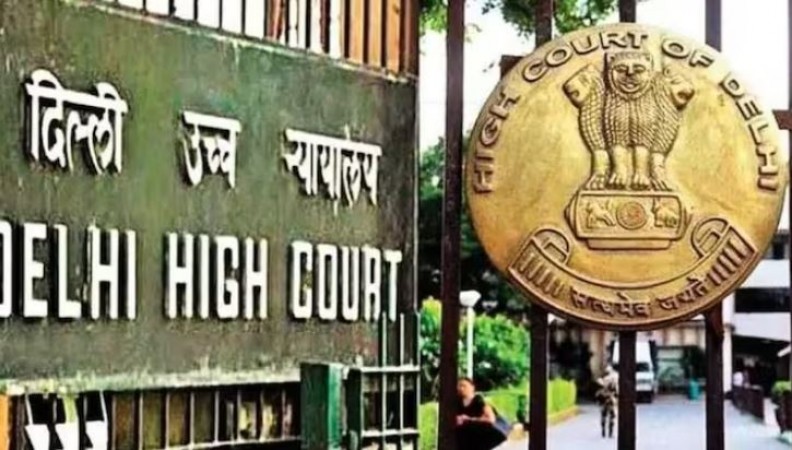
New Delhi: The Delhi High Court has issued a notice to the Union Government and the Delhi Government in response to a Public Interest Litigation (PIL) that seeks to include Indian healthcare systems like Ayurveda, Yoga, and Naturopathy in the Pradhan Mantri Jan Arogya Yojana (PM-JAY) to secure the right to health for citizens. The bench of Justices Satish Chander Sharma and Tushar Rao Gedela issued the notice on November 2, and the matter is scheduled for a hearing on January 29, 2023.
The PIL argues that the PM-JAY, also known as Ayushman Bharat, primarily covers allopathic hospitals and dispensaries. India, however, boasts a variety of indigenous medical systems, including Ayurveda, Yoga, Naturopathy, Siddha, Unani, and Homeopathy, deeply rooted in the country's rich traditions and highly effective in addressing modern healthcare needs.
The petitioner, Ashwini Kumar Upadhyay, a practicing lawyer and BJP leader, contends that various policies created by foreign rulers and individuals with a colonial mindset have systematically eroded India's cultural, intellectual, and scientific heritage. Additionally, these policies, motivated by profit-oriented objectives, have undermined India's rich heritage and history.
Ayushman Bharat, known as PM-JAY, is recognized as the world's largest health assurance scheme, aiming to provide health coverage of up to 5 lakhs. The scheme aims to benefit over 12 crore poor and vulnerable families, approximately 55 crore beneficiaries across the nation, providing both middle and tertiary care.
India is a signatory to Article 25 of the Universal Declaration of Human Rights (1948) by the United Nations, which enshrines the right to a decent standard of living, including provisions for food, clothing, shelter, medical care, and other necessary social services.
The PIL argues that the healthcare facilities provided under Health and Wellness Centers (HWCs) and PM-JAY are incomplete and do not align with the fundamental rights enshrined in the Constitution. While the scheme predominantly covers allopathic treatments, India's rich indigenous medical systems could play a vital role in addressing the healthcare needs of the population.
These arguments highlight the need for inclusive healthcare policies that encompass a broader range of traditional Indian medical systems to improve healthcare access for all citizens.
Controversy Erupts as Tamil Nadu Leader Supports Hamas
Congress Turncoats Secure BJP Tickets in Latest Nomination List
Electoral Controversy: Himanta Biswa Sarma in Hot Water Over Chhattisgarh Election Speech